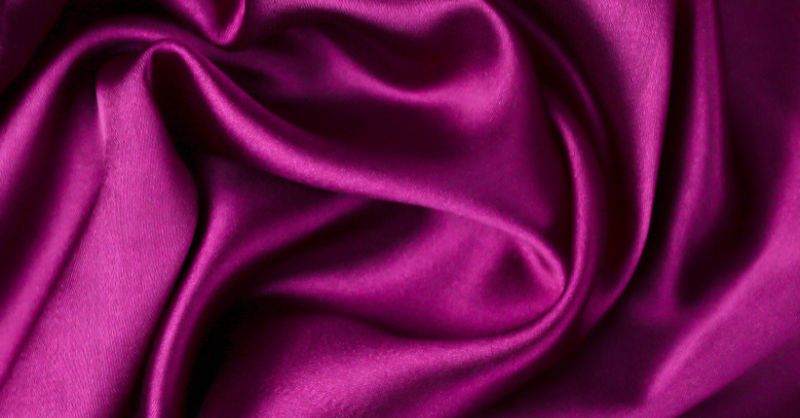Exploring the Versatile Uses of Fabric in Today's Market

Fabric, an essential material that has been part of human civilization for centuries, continues to play a crucial role in our lives. From clothing to home decor, fabrics have numerous applications that contribute to our comfort, style, and functionality. In this article, we will delve into the various uses of fabric, highlighting its versatility and the latest trends in the industry.
Natural fabric, derived from materials like cotton, silk, and wool, has long been favored for its breathability, comfort, and eco-friendly nature. Clothing made from natural fabrics offers a wide range of options, including soft cotton t-shirts, luxurious silk dresses, and cozy woolen sweaters. These fabrics allow our skin to breathe, regulate body temperature, and provide a comfortable wearing experience.
In addition to clothing, natural fabrics have found their way into home textiles and interior design. Upholstery made from natural fabrics adds a touch of elegance and sophistication to furniture,
However, the fabric industry also offers a wide range of synthetic materials that have gained popularity due to their durability and affordability. Fabrics like polyester, nylon, and acrylic are known for their strength, wrinkle resistance, and easy care. These synthetic fabrics are commonly used in sportswear, outdoor gear, and workwear due to their ability to withstand rigorous use and frequent washing.
Durable fabric, regardless of whether it is natural or synthetic, is highly sought after in applications that require longevity and resilience. Heavy-duty fabrics like canvas and denim are ideal for workwear, bags, and upholstery that endure constant use and abrasion. These fabrics are designed to withstand wear and tear, making them suitable for rugged environments and high-traffic areas.
As with any industry, the fabric market is subject to trends that shape consumer preferences and product offerings. In recent years, there has been a significant shift towards sustainable fabrics and ethical sourcing. Consumers are increasingly conscious of the environmental impact of their choices, leading to a rise in demand for fabrics made from organic fibers and recycled materials.
The fashion industry, in particular, has witnessed a surge in eco-friendly initiatives and the use of sustainable fabrics. Designers are incorporating organic cotton, hemp, and bamboo fabrics into their collections, offering stylish and sustainable alternatives to conventional materials. This shift reflects the growing awareness and commitment towards a more environmentally conscious fashion industry.
Moreover, fabric trends are not limited to clothing and home decor. The automotive and healthcare sectors are also witnessing innovations in fabric technology. Antimicrobial fabrics are being developed for medical applications, ensuring a clean and hygienic environment in hospitals and healthcare facilities. In the automotive industry, fabrics with advanced features like flame resistance and UV protection are being used for car interiors, enhancing safety and comfort for passengers.
Fabric is a versatile material that finds its application in various aspects of our lives. Whether it is the comfort of natural fabrics, the durability of synthetic materials, or the growing demand for sustainable alternatives, the fabric industry continues to evolve and adapt to changing consumer needs. As we move towards a more sustainable and conscious future, fabric will undoubtedly play a significant role in shaping our choices, from fashion to interiors and beyond.
